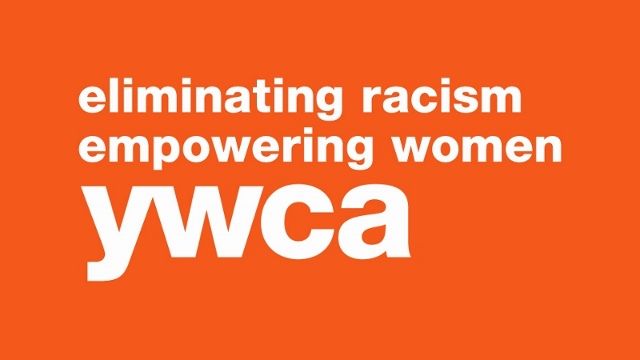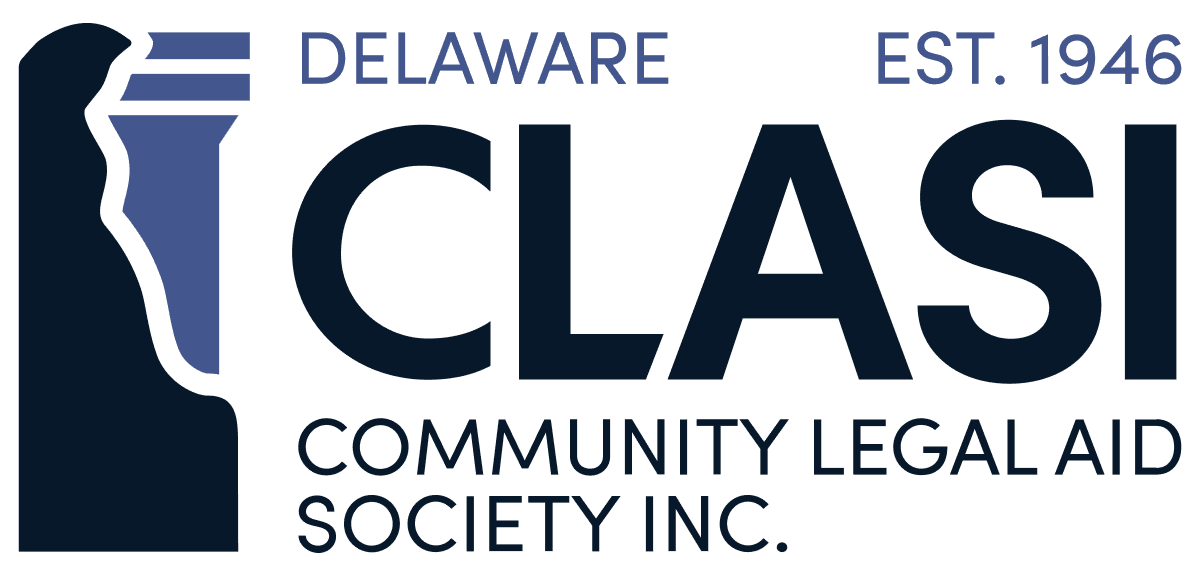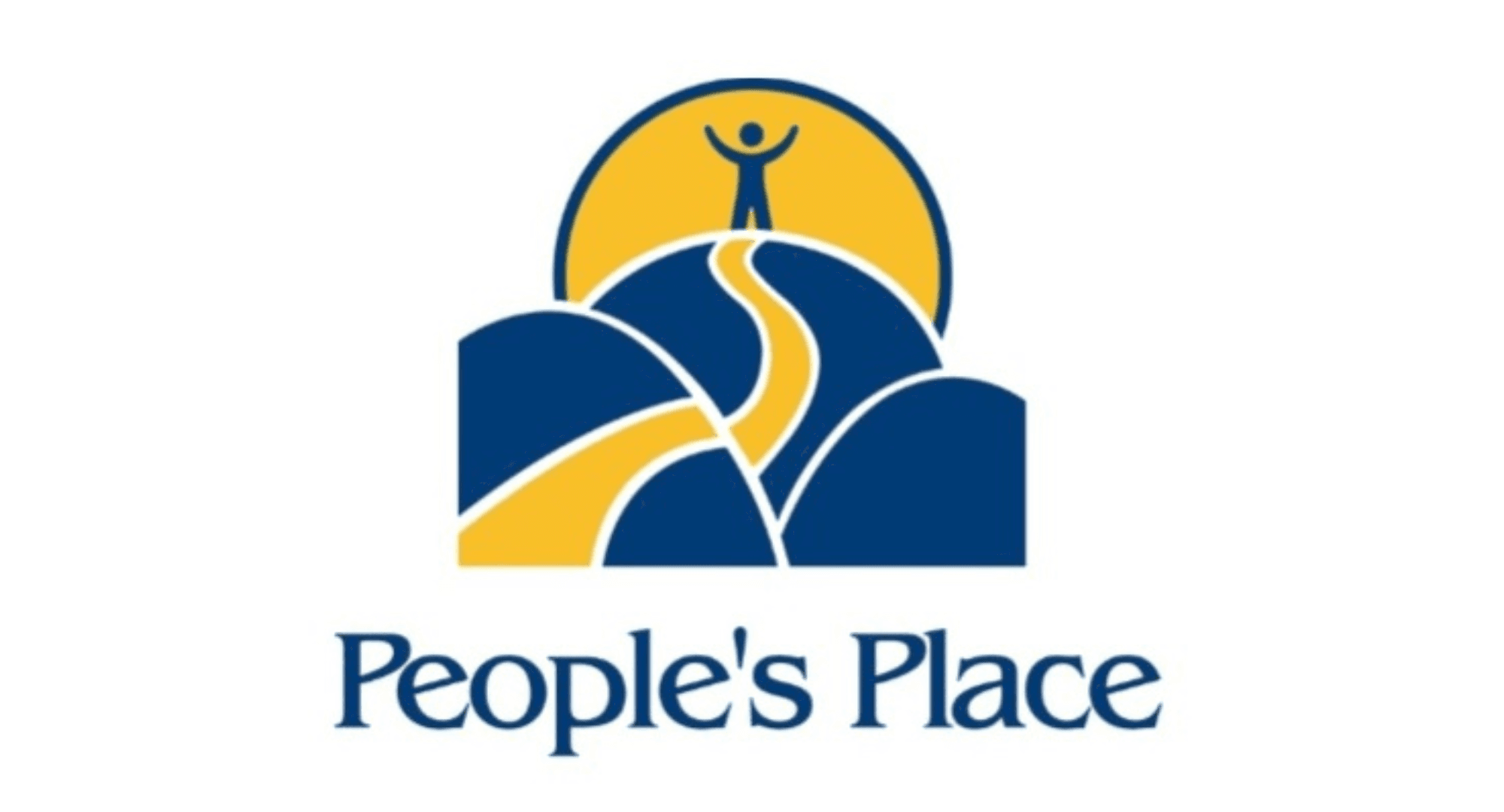Perspectives on Sexual Assault from a Campus Victim Advocate
Angela Seguin (she/her), Assistant Director for Victim Advocacy, Student Wellness & Health Promotion
Core Founding Member and Faculty Fellow, Center for the Study & Prevention of Gender-Based Violence, University of Delaware
Sexual Assault Awareness Month provides us with the space to raise awareness about sexual violence. It is just as important during SAAM that we support survivors and encourage healing.
Much has been learned about the long-term impact of childhood traumas, including sexual abuse, from the Adverse Childhood Experiences Study (ACEs). The higher a person’s ACE score, or number of potentially traumatic experiences in childhood, the higher the likelihood that they will have chronic or serious health conditions later in life. ACEs are quite common. According to the Centers for Disease Control and Prevention, “about 61% of adults surveyed across 25 states reported that they had experienced at least one type of ACE, and nearly 1 in 6 reported they had experienced four or more types of ACEs.” The CDC also reports that “up to 1.9 million cases of heart disease and 21 million cases of depression could have been potentially avoided by preventing ACEs.”
Sexual assault in adulthood also impacts survivors’ physical and mental health both immediately and longer-term. Depression, Anxiety, Panic Attacks, Post Traumatic Stress Disorder, Sleep Disorders, Eating Disorders, Substance Abuse, and Suicidality are common. Concerns about sexually transmitted infections and possible pregnancy can weigh heavily. Survivors can have difficulty with trust, relationships, intimacy, and sex after a sexual assault. Experiencing this kind of trauma impacts the person in many aspects of life beyond health. Research has demonstrated that campus survivors experience lower academic efficacy, higher collegiate stress, lower institutional commitment, and lower scholastic conscientiousness (Banyard, et al, 2020). Much more frequently than their peers, survivors of sexual assault report dropping a class, being unable to complete assignments, and having a drop in grades & grade point average (Kaufman, et al, 2019). Many transfer to another college or drop out of school altogether (Mengo & Black, 2016) and this in turn can alter career plans.
Utilizing a victim advocate in the immediate aftermath of an assault is highly recommended. Advocates can provide information about the myriad of options and resources available to survivors, answer questions and provide support. Victim Advocates typically utilize the Empowerment Model of advocacy, holding the fundamental belief that the survivor is the expert of their own experience. Advocates provide information so that survivors can make their own decisions about what options to pursue and are able to regain the control that was taken away during the assault. You can find advocates through community sexual assault crisis centers or agencies. Most police departments have systems-based victim services specialists who can offer assistance.
Federal rules as outlined in Title IX and in the Violence Against Women Act require colleges and universities receiving federal funds (which is most of them) to provide certain services for victims, such as victim advocacy, counseling, and options for reporting to the institution and to police. Some campuses comply with these rules by contracting with community agencies for advocacy or counseling, while others hire staff to serve in these roles. Most college faculty and staff are mandatory reporters and must inform the school’s Title IX Coordinator of student disclosures of sexual misconduct. However, on most campuses advocates are deemed confidential staff who are not mandated to report. Campus advocates are able to arrange for academic accommodations such as: excused absences from class that are related to the assault, postponed due dates for assignments or exams, or extra time to take exams. They can explain the reporting process and accompany survivors who wish to report the assault for campus adjudication or to the police. Advocates can also educate survivors about the neurobiological responses to trauma and coping strategies and counseling options that could be helpful.
An important message for all survivors of sexual violence: help is available and healing is possible! Dr. Gabor Mate, a renowned physician specializing in trauma and addiction, said: "So, people often think that trauma is what happens to you. But the trauma is not what happens to you. The trauma is what happens inside of you. And, as a result of these traumatic events, what happens inside you is you get disconnected from your emotions, you get disconnected from your body, and you have difficulty being in the present moment. And you develop a negative view of your world and a negative view of yourself and a defensive view of other people. And these perspectives keep showing up in your life in the present….”
There is no one “right” or perfect way to heal. Some people approach healing by reading books and listening to podcasts on the topic. Others benefit from participating in support groups or therapy groups with other survivors. Therapy can be crucial for a survivor’s healing. It can help the survivor reconnect to their emotions and their body, change pathways of coping behaviors that no longer serve them well, and replace them with healthier pathways. While shame and self-blame are common experiences for survivors of sexual trauma, it is important to remember that victimization happens because one person opts to engage in an act that harms another. It is never the victim’s fault. Reprocessing the experience can assist a survivor in moving past feelings of shame. A common perception of traditional talk therapy is that it goes on for years; however, there are many very effective approaches that are short-term and specific to the issue that the client wishes to address.
When seeking therapy, it’s important for survivors to look for a practitioner who utilizes trauma-informed approaches, is licensed, and holds up-to-date certification(s) in the specific modality of therapy they are seeking. A few modalities that are ideal to address sexual assault trauma are listed below and most of these sites include therapy finder tools that allow the user to search for a certified provider near them. The availability of telehealth has made counseling more accessible for many.
Eye Movement Desensitization and Reprocessing (EMDR) - designed to resolve unprocessed traumatic memories
Somatic Experiencing - a body-oriented therapeutic approach
NeuroAffective Relational Model (NARM) - to address complex trauma in adults from early childhood
Trauma-Focussed Cognitive Behavioral Therapy - for children & adolescents
Cognitive Processing Therapy - for PTSD
In addition, the Psychology Today website offers an excellent “Find a Therapist” tool where the user can put in their location, insurance, preferred gender of provider, issues they wish to address, therapy modality they are seeking, and other criteria that narrow the search. Then the user is able to see photos, read through bios of each provider, and see who is or is not accepting new clients. No matter when a person has experienced sexual trauma, it is never too late to seek healing.
“You, yourself, as much as anybody in the entire universe, deserve your love and affection.”
~ Buddha




